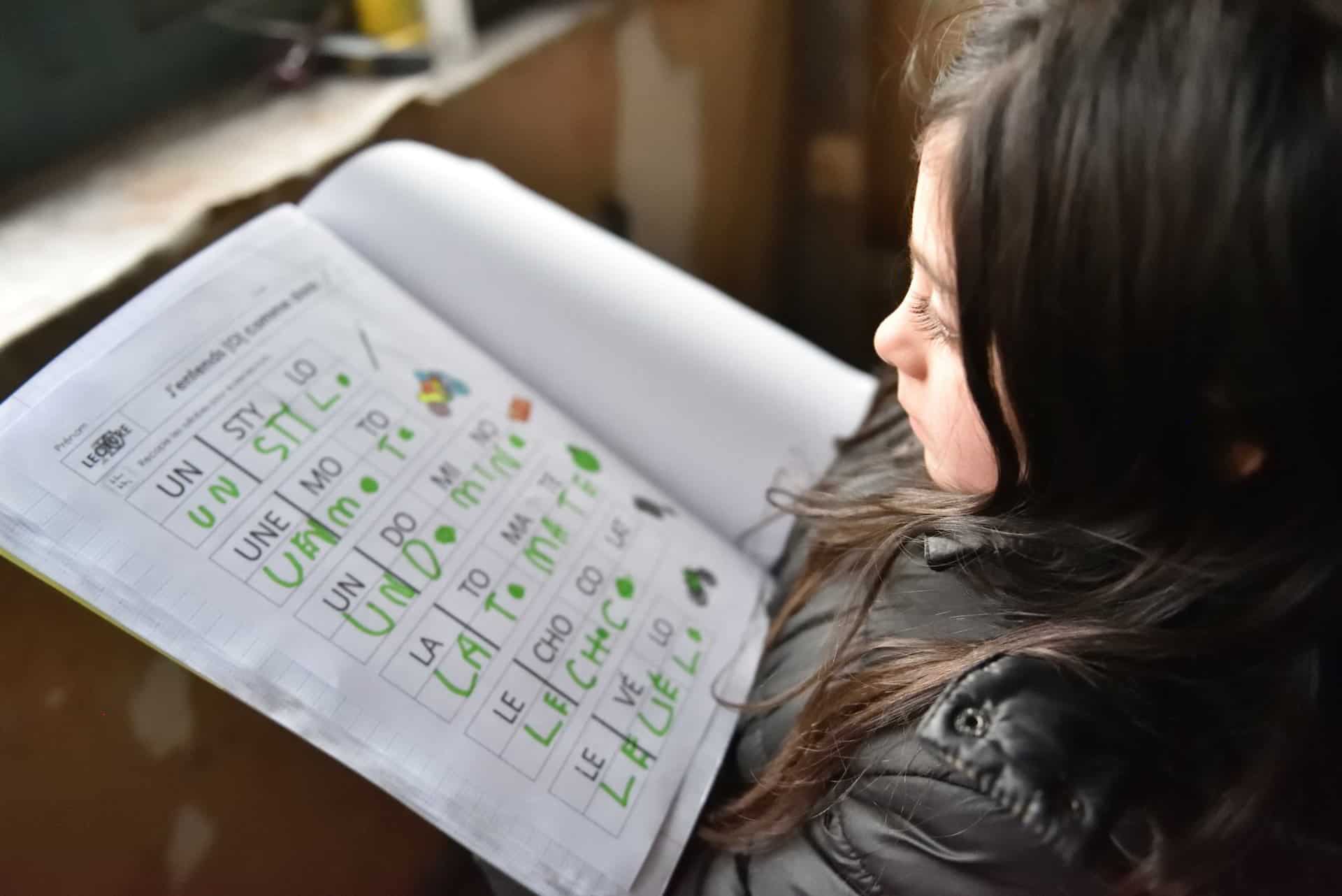On World Menstrual Hygiene Day, 28 May, we would like to highlight the need for continued investment in removing the barriers that prevent marginalised children from accessing quality education.
Just over twenty years ago in rural Cambodia, when Chhorn Chanpheak had her first period, she had to leave school. Not only were there no toilets at her school, but it was a three-hour walk from her home so she didn't want to risk being made fun of on the way. "I was afraid that the other students, especially the boys, would laugh at me when they saw the blood on my chair and skirt"she explains.
Although her school years are long gone, Chanpheak still witnesses the same embarrassment and social stigma that menstruation can bring to students. As a teacher of children with disabilities in Phnom Penh, she is saddened to see that the onset of menstruation often means the end of school for almost half of her students.
Chanpheak teaches 18 students, of whom 44% are girls aged 15-25. Her school does have a toilet, but it is shared by girls and boys. Having a separate toilet at school can be a critical factor in a girl's continued education after puberty, as access to a water point and a place to dispose of menstrual products is essential. Without it, the Global Partnership for Education reports that girls can miss up to five days of school a month or drop out altogether. For girls with disabilities, the risk of dropping out of school is 50% according to Chanpheak.
Although little quantitative research is available to demonstrate the impact of menstruation on school attendance or enrolment of girls with disabilities in Cambodia, teacher Chea Seiha has also experienced a high dropout rate among her female students after puberty. When her school in Siem Reap reopened in October 2020 after closures due to COVID-19, Seiha reported that three out of 10 students in her mixed-gender class, aged 13 to 15, did not return because they had started menstruating.
While a booklet that teaches children how to stay safe and hygienic during puberty has been available in public schools for almost a decade, it does not seem to reach children with disabilities. While school education on the subject would be valuable, Seiha and Chanpheak believe that parent education should come first. "Parents do not encourage their daughters to go to school because they know they cannot manage on their own"says Seiha.
In her ten years of teaching, Chanpheak has noticed that her students have the same fears she had as a young girl - fear of being teased by boys. She also noticed that their moods fluctuated and affected their learning in class, and that a lack of basic knowledge about menstruation prevented some students from taking care of their hygiene needs independently. For this and many other reasons, parents prevent their daughters from attending school.
The teacher suggests a number of solutions that could be implemented to tackle the problem: encouraging parents to talk to their children about puberty; separate toilets for girls in schools; menstrual hygiene education in schools adapted for girls with disabilities; teacher training on how to support these girls especially during puberty; and a student support group to encourage peer sharing.
Thanks to committed teachers like Chanpheak and Seiha, Aide et Action, in partnership with Rabbit School Organization, a local non-profit organization specialized in education, is identifying the needs of children with disabilities across Cambodia to better understand how to build inclusive education solutions that leave no child behind.
In 2020, as part of the Cambodian Out-of-School Consortium, in partnership with Educate A Child (EAC) - a global programme of the Education Above All Foundation - we supported the educational needs of 489 children with intellectual disabilities, of which almost a third were girls.






